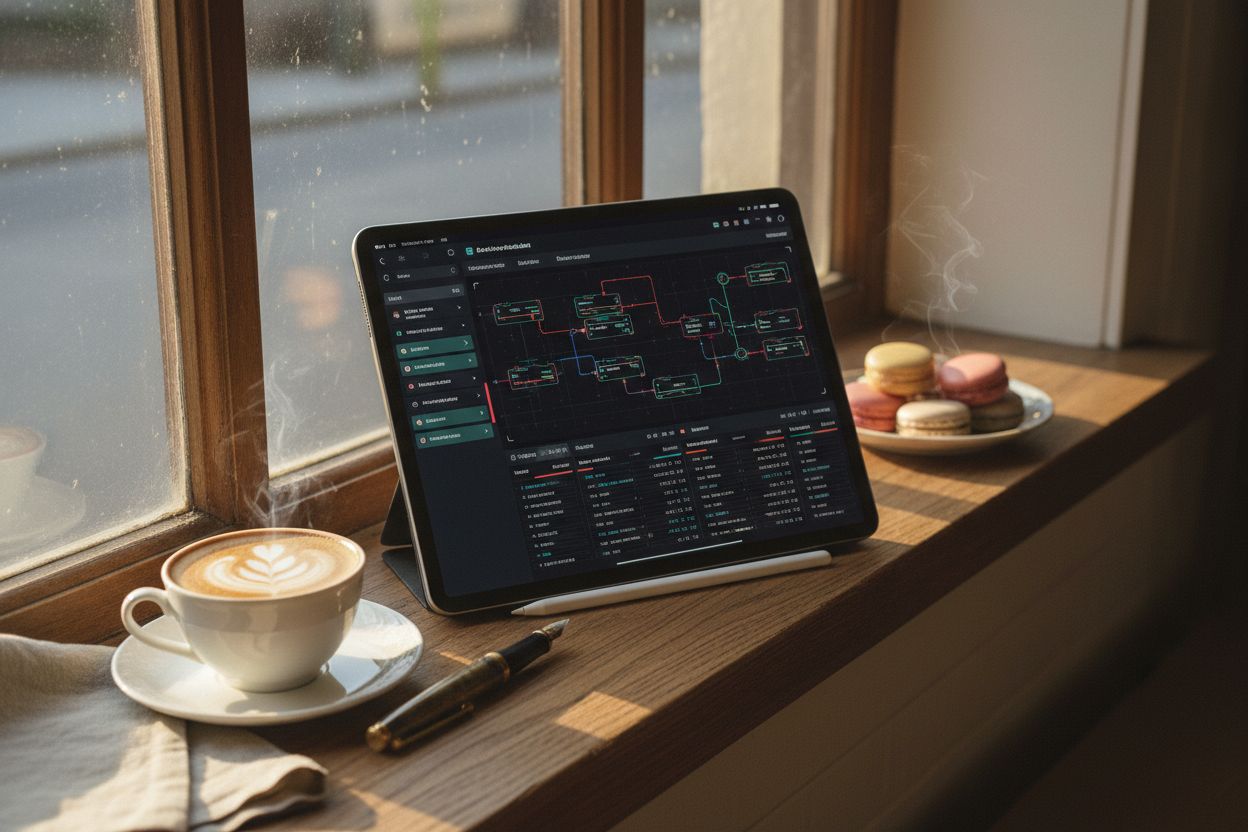
Hybrid rollup architecture is rapidly redefining what’s possible for blockchain scalability and security. Traditionally, developers have faced a tradeoff: optimistic rollups offer efficiency but slow finality due to lengthy dispute windows, while zero-knowledge (ZK) rollups deliver instant finality at a higher operational cost. Now, Boundless Kailua brings these two paradigms together, unlocking new flexibility for EVM-compatible chains and their users.

The Evolution: From Pure Optimistic to Hybrid Rollups
Optimistic rollups have become the backbone of Ethereum scaling, processing transactions off-chain with the assumption that all are valid until proven otherwise. This assumption speeds up throughput but hinges on a challenge period, often seven days, during which anyone can submit fraud proofs if they detect invalid activity. While robust, this approach ties up user funds and delays withdrawals.
ZK rollups take the opposite approach: every batch of transactions is accompanied by a cryptographic proof attesting to its correctness. This delivers immediate finality and ironclad security guarantees but comes at the cost of increased computation and developer complexity.
Boundless Kailua introduces a hybrid model that combines these strengths. The chain operates optimistically by default, only invoking ZK proofs when a dispute arises. This means fast, low-cost processing in normal conditions, plus rapid, cryptographically secure resolution if something goes wrong.
Kailua Hybrid handles the fraud-proof layer: a single ZK proof replaces week-long disputes, bringing SOON chains down to ~three-hour finality.
– Boundless on X
Kailua in Action: BOB and Beyond
The first live demonstration of this hybrid model is BOB, an EVM-compatible chain that leverages OP Kailua’s novel fraud proof game design. In practice, BOB processes transactions optimistically for maximum speed and cost-efficiency. If any party suspects fraud during the challenge window, instead of entering a protracted interactive game, they submit a single ZK proof to resolve the dispute.
This innovation has already made waves: BOB cut withdrawal times from seven days down to about four days, a number expected to shrink further as the system matures. Even more importantly, BOB allows anyone to submit fraud proofs, enhancing accessibility and decentralization compared to traditional optimistic rollups where only whitelisted actors could participate in disputes.
Key Benefits of Hybrid Rollup Architectures
-

Faster Finality: Hybrid rollups like Boundless Kailua dramatically reduce dispute resolution times. For example, BOB’s withdrawal period dropped from seven days to approximately four days, with further reductions expected as the system matures.
-

Enhanced Security: By integrating zero-knowledge (ZK) proofs into the optimistic rollup framework, hybrid architectures provide cryptographic security guarantees during disputes, minimizing the risk of fraudulent transactions.
-
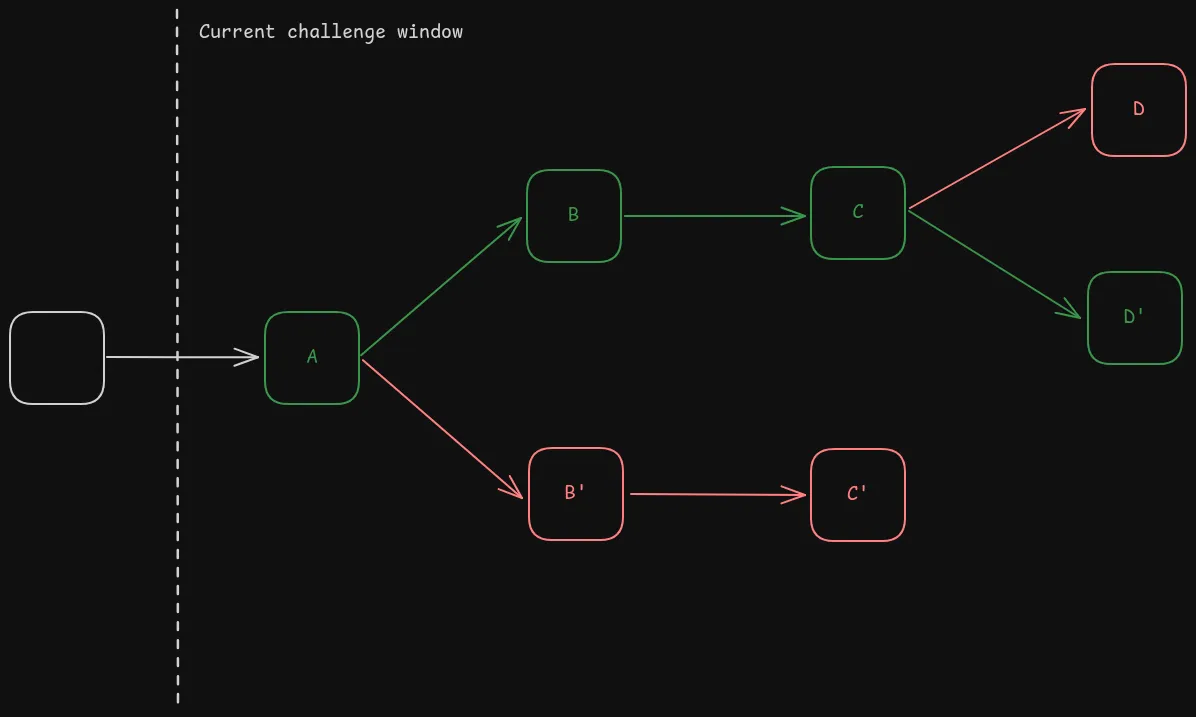
Configurable Finality Modes: Hybrid solutions allow users to choose between cost-efficient optimistic processing and instant ZK validity proofs for immediate finality, offering flexibility based on transaction needs.
-
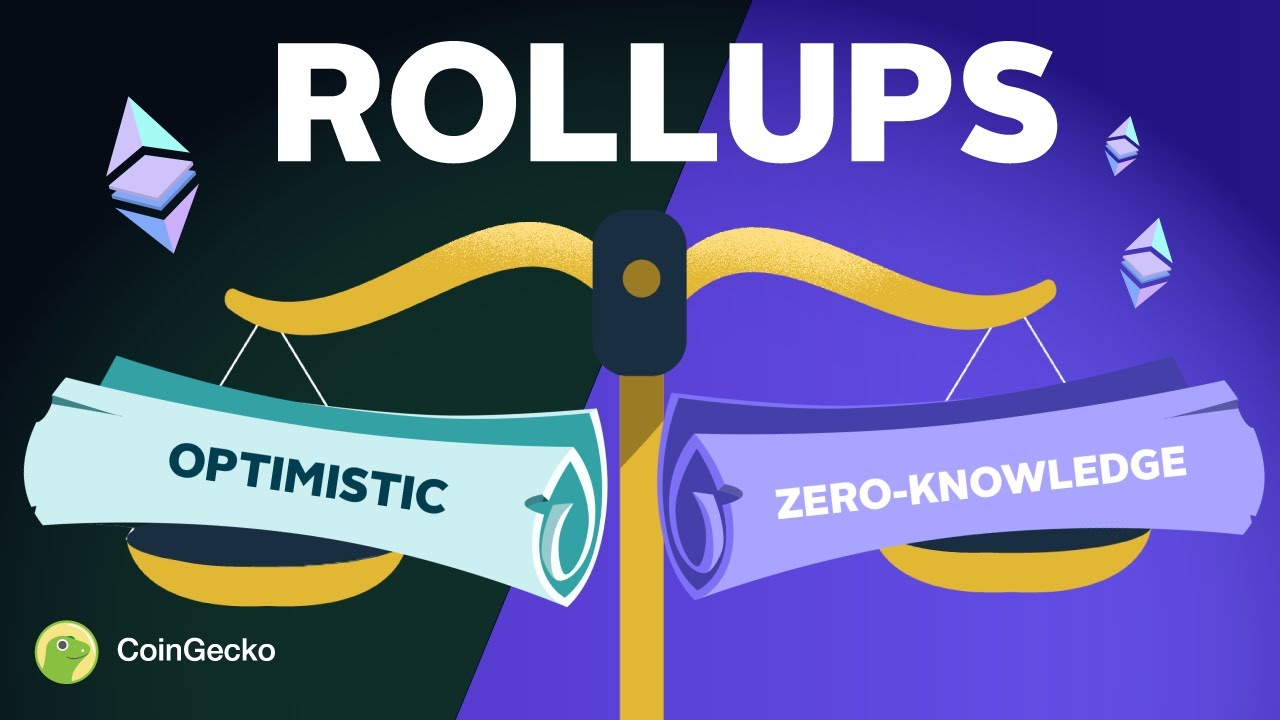
Lower Operational Costs: Hybrid rollups leverage optimistic processing for most transactions and only invoke resource-intensive ZK proofs when necessary, reducing overall costs compared to pure ZK rollups.
-
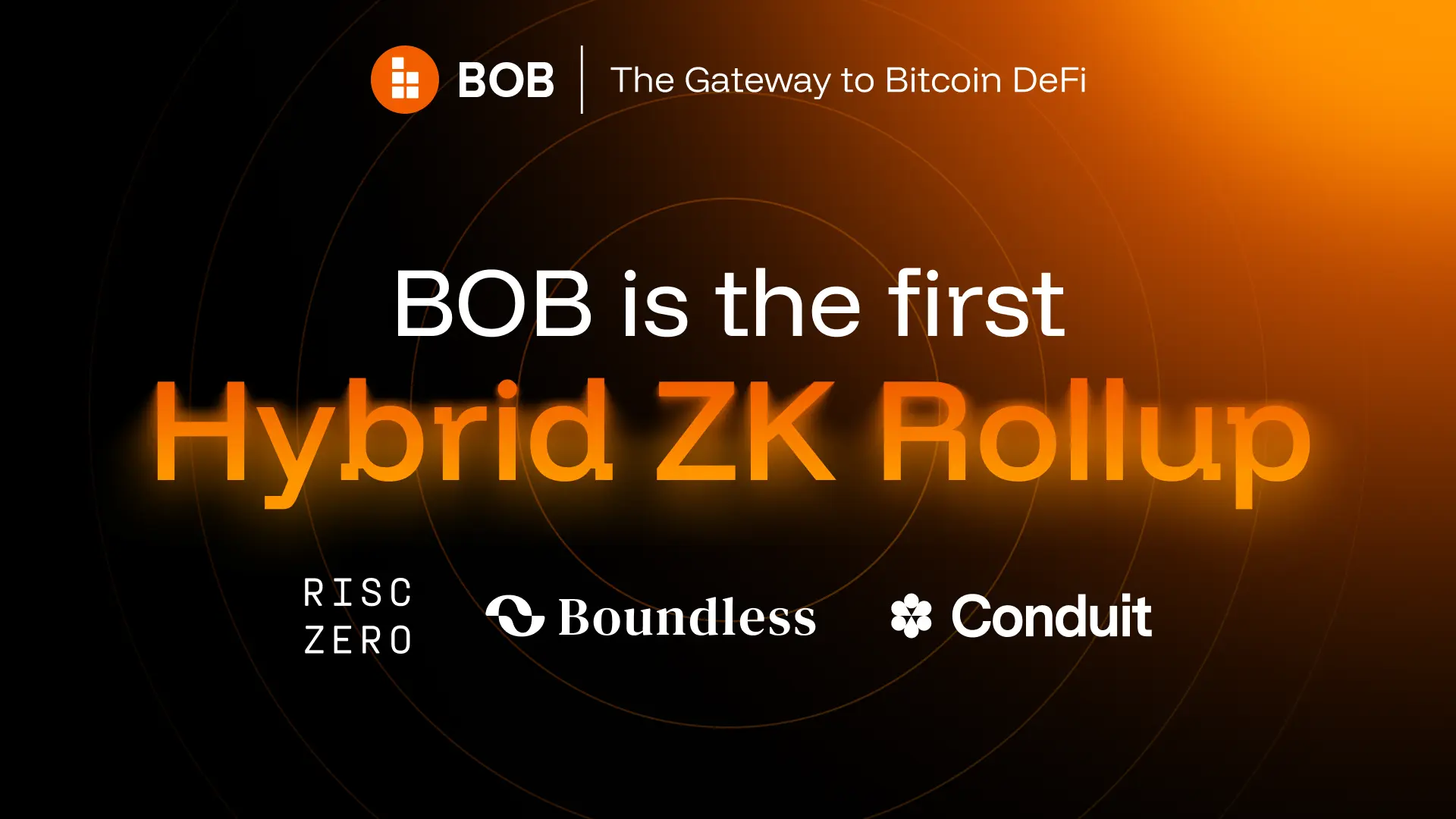
Seamless Upgrades for Existing Chains: Platforms like OP Kailua enable existing optimistic rollup chains to upgrade to ZK fraud proofs in hours, making advanced security and efficiency accessible without complex migrations.
-
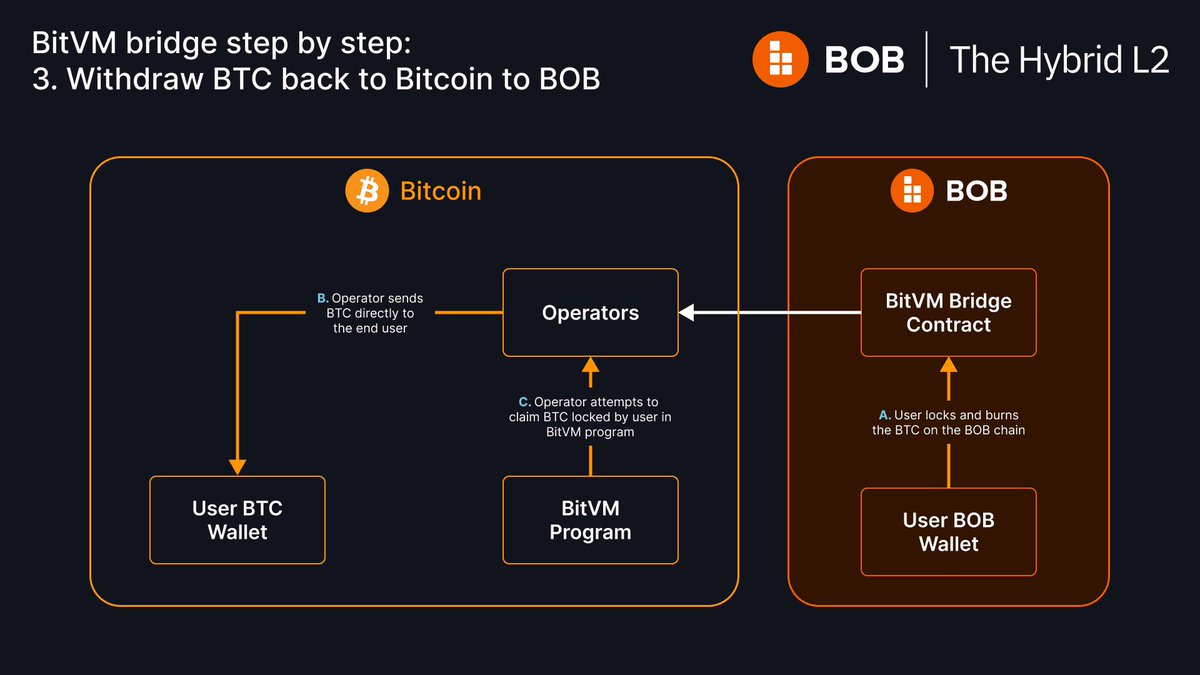
Open Fraud Proof Submission: With solutions such as BOB on OP Kailua, anyone can submit a fraud proof, increasing decentralization and trust in the dispute resolution process.
Two Modes for Maximum Flexibility
Kailua offers two distinct operational modes:
- Hybrid Mode (ZK Fraud Proofs): Default mode where disputes are resolved using succinct ZK proofs instead of multi-round games. This slashes both costs and time-to-finality during challenges.
- Validity Mode (ZK Validity Proofs): For use cases demanding instant settlement, every transaction batch is finalized with a validity proof, no challenge period required.
This dual-mode system empowers developers and users alike to choose between cost-optimized or speed-optimized workflows as needed, a major step forward in customizable blockchain infrastructure. For technical details on how these modes work under the hood, see the official documentation at beboundless.xyz.
What sets Boundless Kailua apart isn’t just technological novelty, but the way it democratizes and future-proofs rollup security. By making fraud-proof submission permissionless, BOB and other Kailua-based chains invite a wider set of actors to participate in network defense. This open-access approach discourages collusion and censorship, while also lowering the barrier for new validators to contribute to chain integrity.
From a developer’s perspective, hybrid rollup architecture unlocks a spectrum of possibilities. Teams can launch EVM-compatible chains that balance cost and speed according to user demand, without being locked into a single paradigm. For example, DeFi projects might default to optimistic mode for routine activity, then switch to validity mode for high-value settlements or during periods of elevated risk. This flexibility is particularly valuable in today’s multi-chain landscape where composability and user experience are paramount.
Security Meets Scalability: Why Hybrid Rollups Matter
The real breakthrough with Boundless Kailua lies in its ability to address two persistent pain points: slow finality and fragmented security assumptions. Traditional optimistic rollups force users to wait days for withdrawals or rely on whitelisted challengers, both major UX hurdles. ZK rollups, while secure, often price out smaller teams due to proving costs. Kailua’s hybrid model cuts through these tradeoffs by offering:
Key Advantages of Boundless Kailua Hybrid Rollups
-
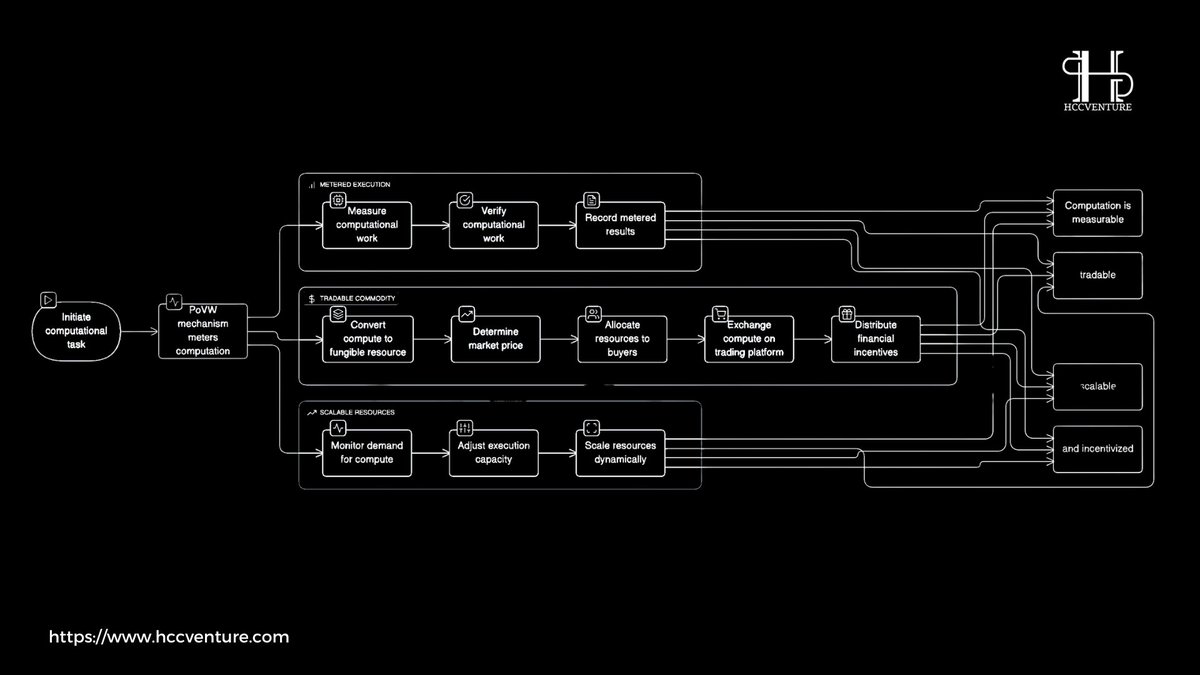
Faster Dispute Resolution: Boundless Kailua replaces week-long fraud proof games with a single ZK proof, reducing withdrawal times from seven days to as little as four hours in some cases.
-
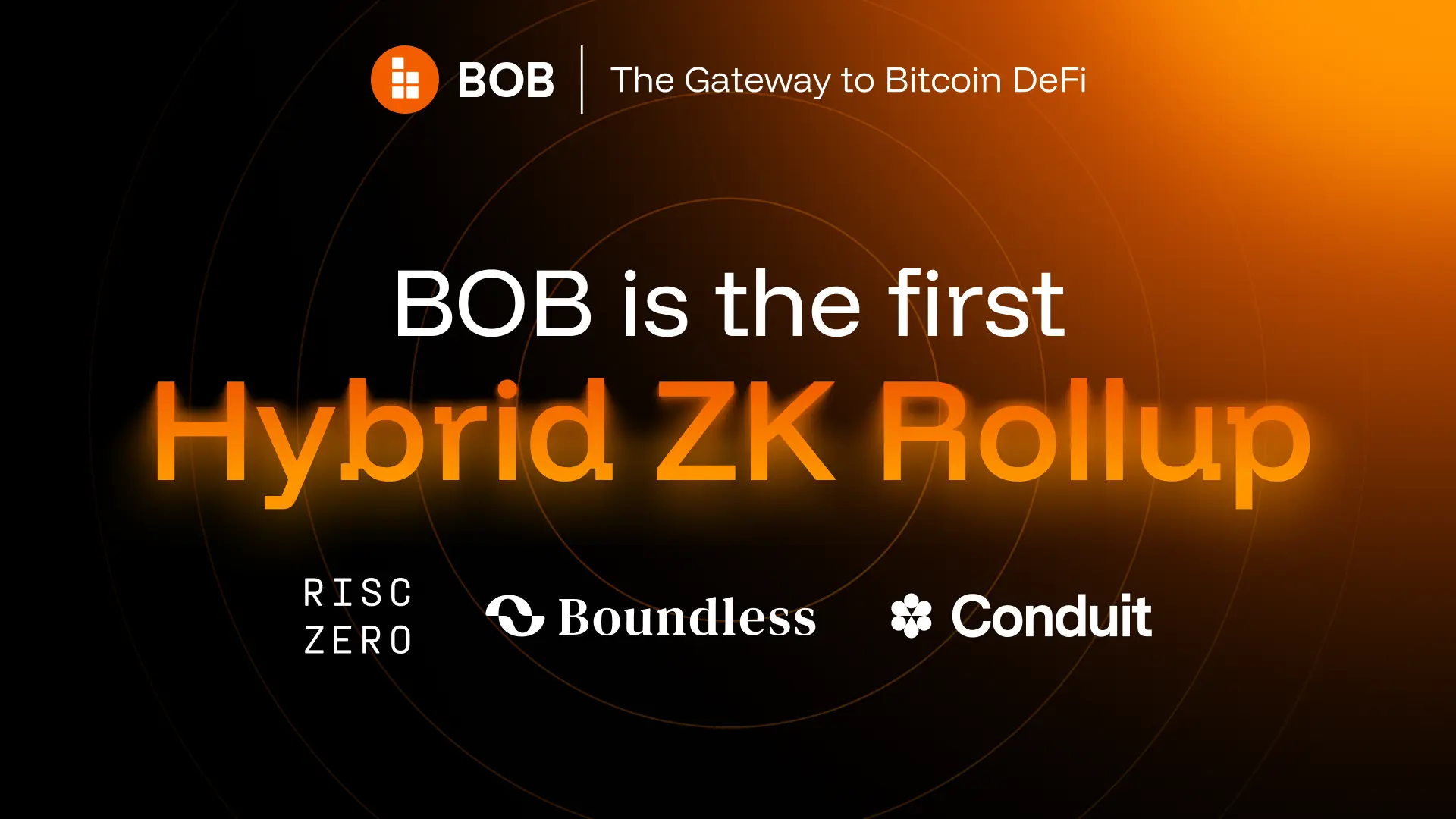
Configurable Finality: The hybrid approach allows chains to choose between optimistic default processing for cost efficiency and ZK validity proofs for instant, secure finality based on user needs.
-
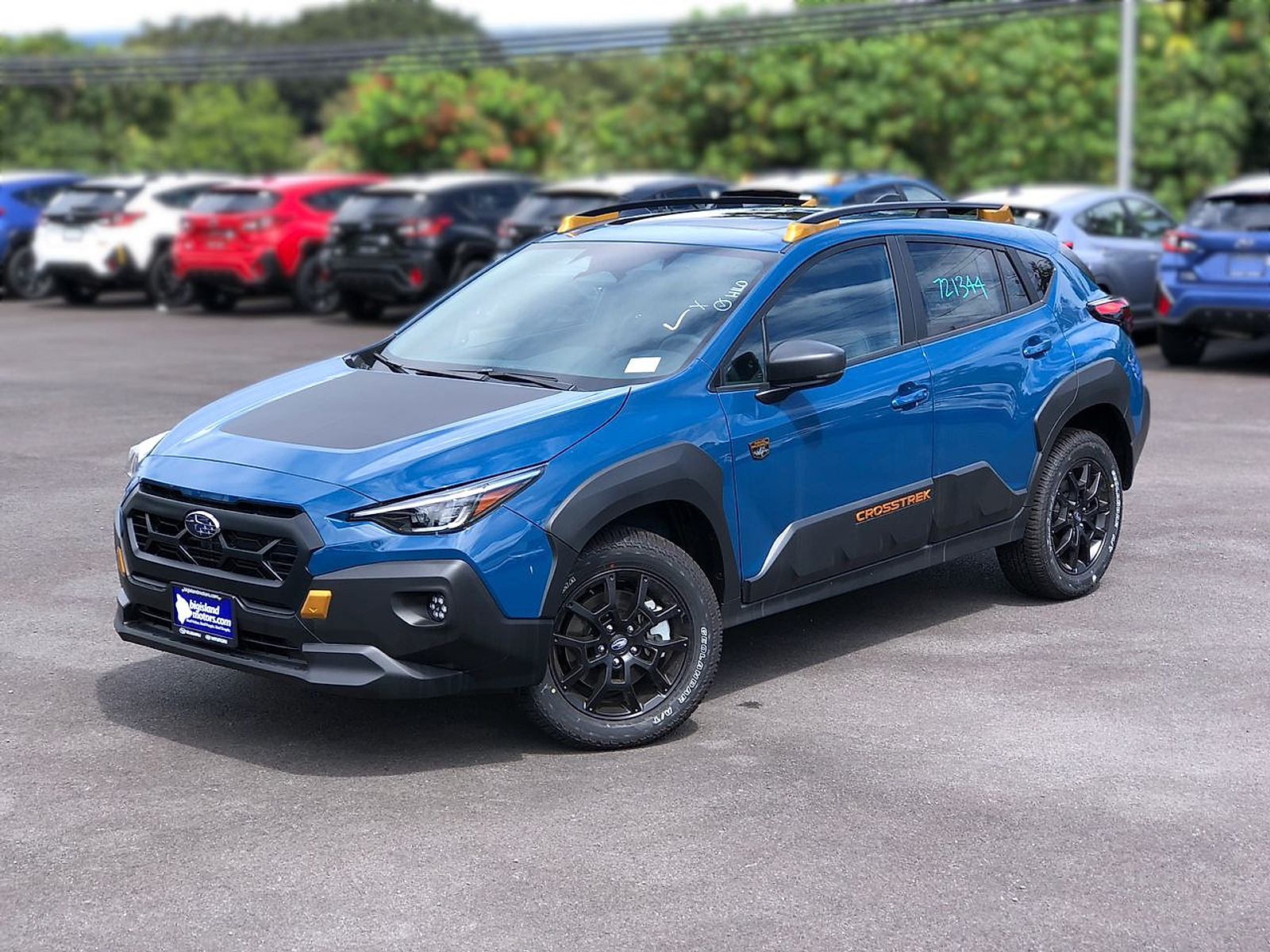
Enhanced Security Guarantees: By integrating ZK proofs into the optimistic rollup framework, Kailua delivers cryptographic security for both fraud and validity proofs, minimizing attack vectors during dispute resolution.
-
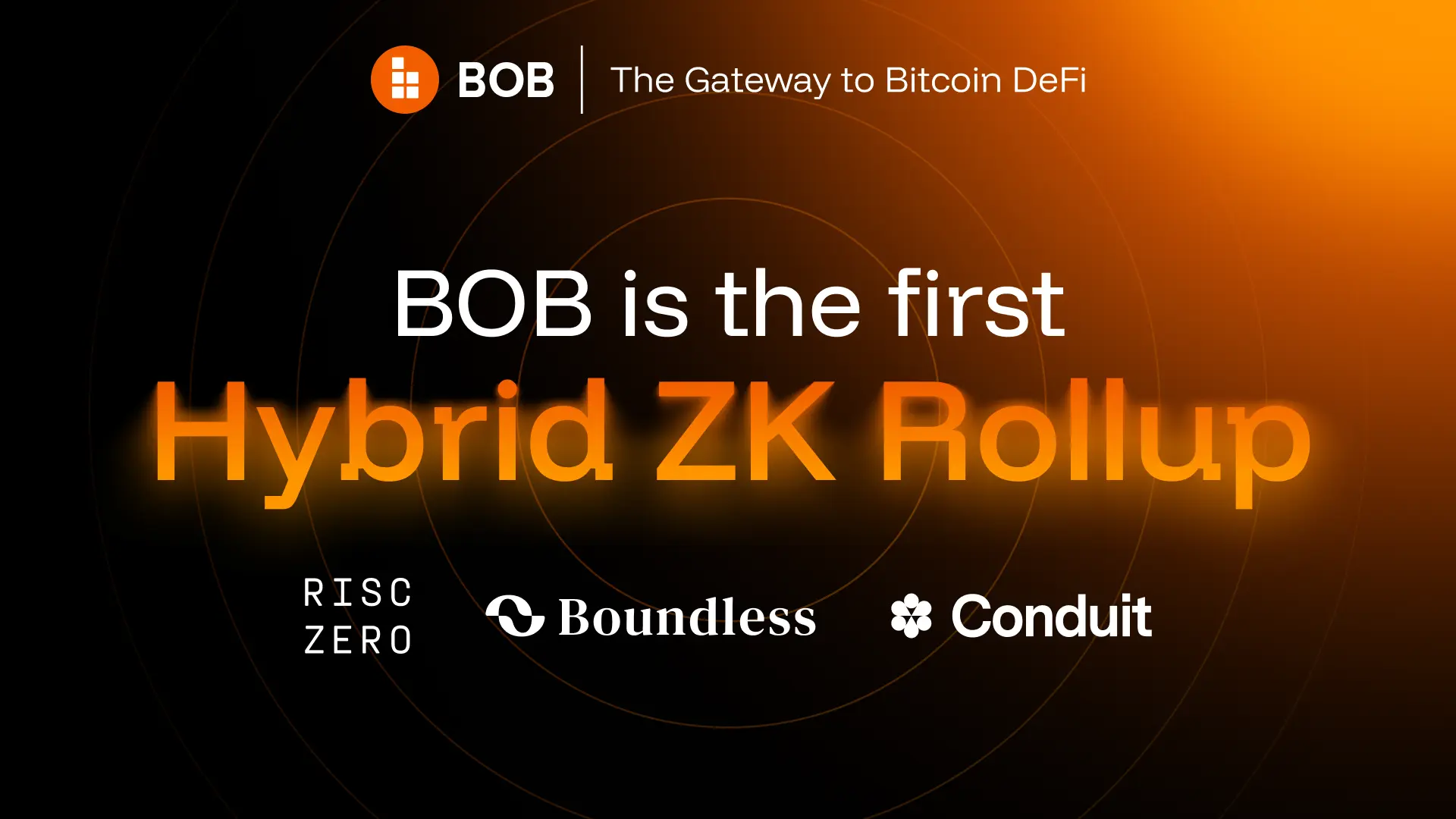
Lower Operational Costs: Chains using Boundless Kailua can maintain optimistic rollup cost structures while only invoking resource-intensive ZK proofs when necessary, optimizing for both scalability and affordability.
-
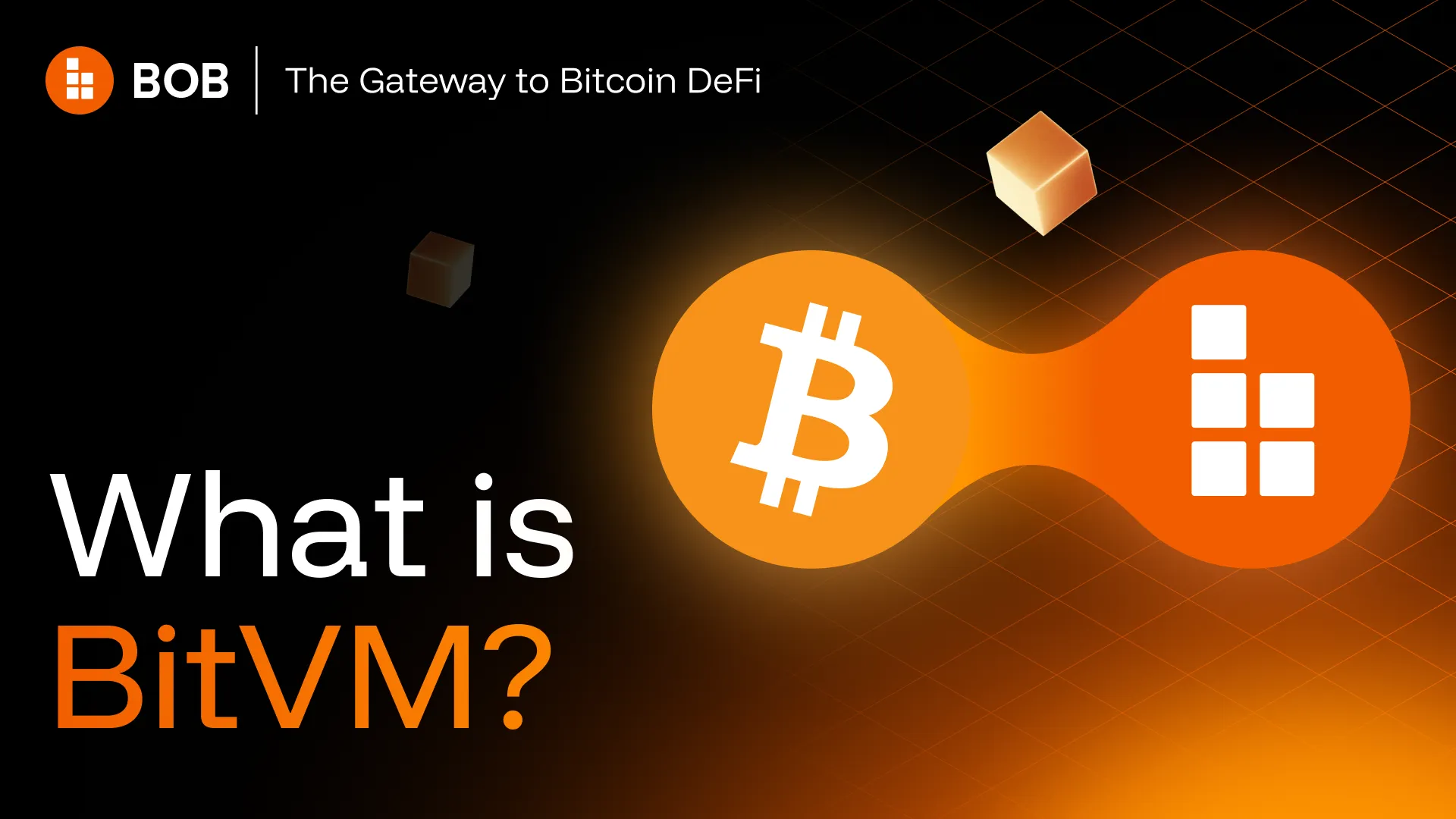
Open Fraud Proof Submission: Platforms like BOB built on OP Kailua allow anyone to submit fraud proofs, fostering a more decentralized and secure ecosystem.
-

Seamless Upgrade Path: Existing OP rollups can upgrade to Kailua’s hybrid mode in hours, enabling rapid adoption of ZK fraud and validity proofs without major codebase overhauls.
This isn’t just theoretical. With BOB as the first live chain using OP Kailua, we’re seeing measurable improvements: withdrawal times are already down from seven days to roughly four, with further reductions expected as ZK proof generation becomes more efficient (docs.gobob.xyz). The ability for anyone, not just privileged actors, to submit fraud proofs further decentralizes network governance and strengthens trust.
Looking Forward: The Roadmap for Hybrid Rollup Adoption
The momentum around hybrid rollup architectures is only accelerating as more projects seek scalable solutions that don’t compromise on security or user experience. With tools like Boundless Kailua lowering the technical barrier for integrating ZK proofs into existing OP stacks, we can expect rapid adoption across both new app-chains and established protocols looking to upgrade their infrastructure.
For builders evaluating their next move in the evolving Ethereum ecosystem, or any EVM-compatible environment, the hybrid model offers a compelling blueprint. It provides configurable finality windows, permissionless fraud proofing, and seamless upgrades from pure optimistic setups, all without sacrificing composability or developer ergonomics.
Ultimately, the arrival of hybrid rollup architecture marks a turning point for blockchain scalability strategies. By letting projects fine-tune their approach between cost-effectiveness and rapid settlement, with robust security guarantees at every step, Boundless Kailua is setting a new standard for what’s possible in decentralized infrastructure.








